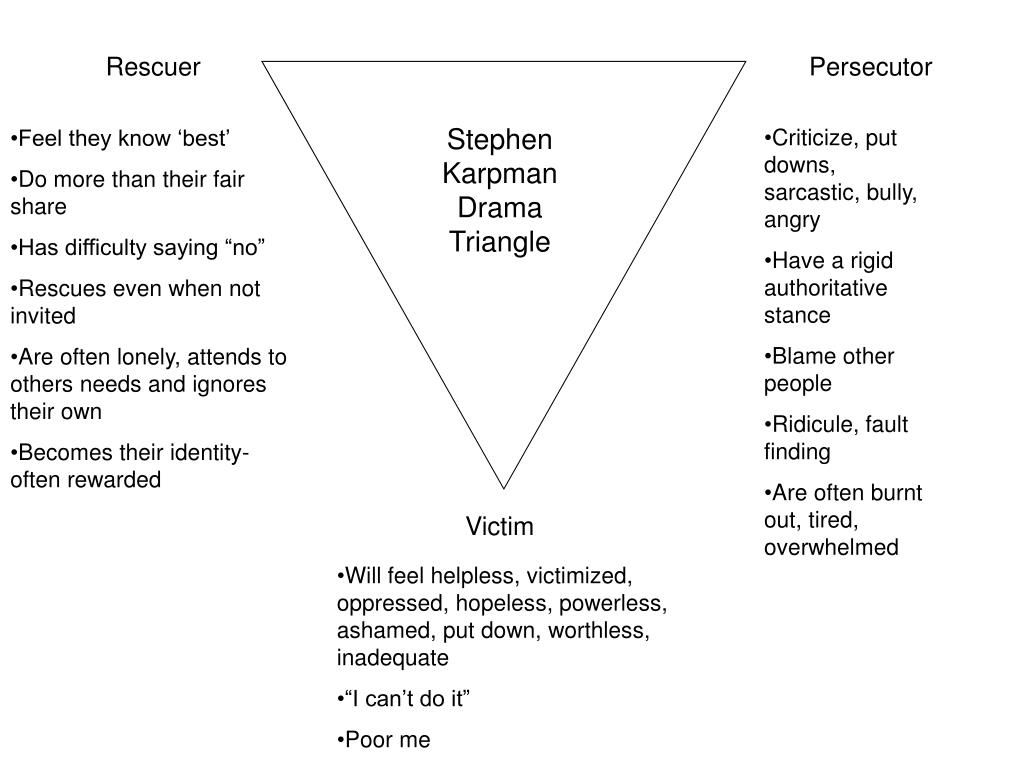Understanding your introvert
Signs of an Introvert Personality: Types, Traits & Characteristics
Written by Rachel Reiff Ellis
In this Article
- What Is an Introvert?
- Signs You Might Be an Introvert
- Causes of Introversion
- Types of Introverts
- Introversion Versus Shyness
- Myths About Introverts
What Is an Introvert?
An introvert is a person with qualities of a personality type known as introversion, which means that they feel more comfortable focusing on their inner thoughts and ideas, rather than what’s happening externally. They enjoy spending time with just one or two people, rather than large groups or crowds.
When you hear the word introvert, you might think of someone who's shy or quiet and prefers to be alone. While that may be true for some introverts, there's much more to this personality type. Whether you're an introvert or an extrovert all depends on how you process the world around you.
A psychologist named Carl Jung began using the terms introvert and extrovert (sometimes spelled extravert) in the 1920s. These two personality types sort people into how they get or spend their energy. Introverts, Jung said, turn to their own minds to recharge, while extroverts seek out other people for their energy needs.
Signs You Might Be an Introvert
Around one-third to one-half of all people in the U.S. are introverts. Though it looks different in everyone, introverts have many of the same patterns of behavior. In general, introverts:
- Need quiet to concentrate
- Are reflective
- Are self-aware
- Take time making decisions
- Feel comfortable being alone
- Don't like group work
- Prefer to write rather than talk
- Feel tired after being in a crowd
- Have few friendships, but are very close with these friends
- Daydream or use their imaginations to work out a problem
- Retreat into their own mind to rest
One way to find out if you're an introvert is to take a test, such as the Myers-Briggs Type Indicator (MBTI) or the SAPA project.
Causes of Introversion
Scientists don't know for sure if there's a cause for introversion or extroversion. What they do know is the brains of the two personality types work a little differently from each other. Researchers have found that introverts have a higher blood flow to their frontal lobe than extroverts do. This part of the brain helps you remember things, solve problems, and plan ahead.
Introvert brains also react differently to dopamine than extrovert brains do. That's a chemical that turns on the reward- and pleasure-seeking part of your brain. Introverts and extroverts have the same amount of the chemical, but extrovert brains get an excited buzz from their reward center. Introverts, on the other hand, tend to just feel run-down by it.
Types of Introverts
Being an introvert isn't an all-or-nothing stamp on your personality. Psychologists think of introverts as falling somewhere on a scale. Some people are more introverted than others. Other people fall right in the middle of the scale.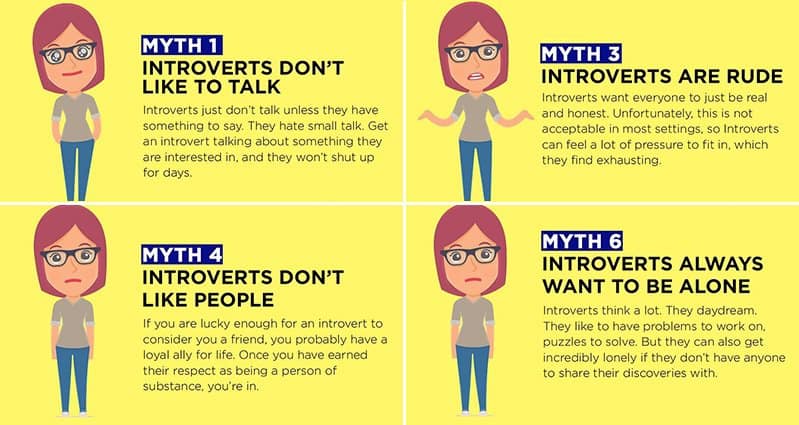 They're called ambiverts.
They're called ambiverts.
Introverts usually have a few extroverted traits mixed in with their introverted ones, and vice versa. There are a wide range of ways to be an introvert.
One study shows that introverts tend to fall into one of four subtypes:
Social introverts. This is the "classic" type of introvert. Social introverts like small groups and quiet settings over crowds.
Thinking introverts. People in this group are daydreamers. They spend a lot of time in their thoughts and tend to have creative imaginations.
Anxious introverts. They seek out alone time not just because they like it, but also because they often feel awkward or shy around people.
Restrained/inhibited introverts. These introverts think before they act. They aren't likely to make a decision on a whim. Typically they take longer to take action.
Your introverted ways may change over time, and in different settings, too.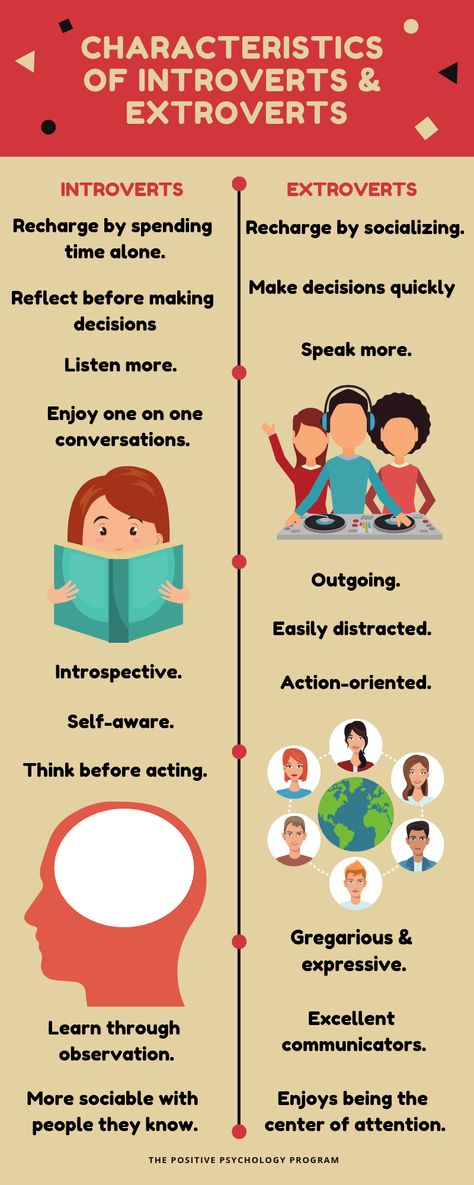 You're not likely to swing from introvert to extrovert. But it's possible you could become more or less introverted, depending on what's going on in your life.
You're not likely to swing from introvert to extrovert. But it's possible you could become more or less introverted, depending on what's going on in your life.
Introversion Versus Shyness
Many people think of introverts as shy, but the two aren’t linked. Introversion is a personality type, while shyness is an emotion.
People who are shy tend to feel awkward or uncomfortable when they’re in social situations, especially when they’re around strangers. They may feel so nervous, they become sweaty. Their heart may beat quicker, and they may get a stomachache. They may be inclined to skip social events because they don’t like the negative feelings that take over their thoughts and bodies when they have to go to parties or other activities.
People who are introverted also prefer to skip social events, but it’s because they feel more energized or comfortable doing things on their own or with one or two other people. Introverts don’t choose to skip social events because they have strong negative reactions to larger gatherings the way that shy people do; they just prefer being alone or in very small groups.
Myths About Introverts
One common myth about introverts is that they’re shy. Some introverts may be shy, but this is not the case for all introverts. Other myths include:
- Introverts are unfriendly. Being an introvert doesn’t affect how friendly you may be. Some people may think that introverts are unfriendly because they don’t tend to have large groups of friends, and they may reflect on situations quietly rather than joining in on conversations at gatherings.
- Introverts can’t be leaders. Although people may think of an extroverted personality when they imagine a leader, introverts have the skills to be bosses and leaders, too. Some of their qualities make them effective leaders: They listen to their employees’ ideas, they can stay focused on long-term goals, and they may seem less threatening, so people may accept them in their roles.
- It’s hard to get to know introverts. Introverts prefer to have deep friendships with only a handful of people.
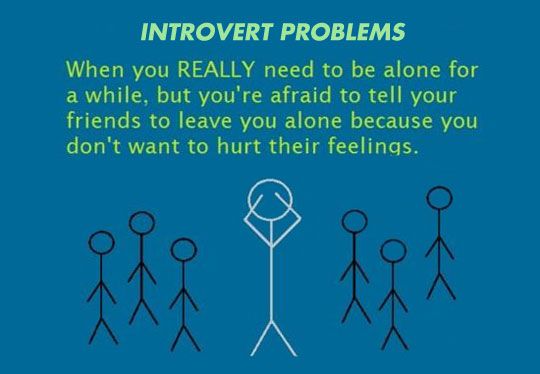 They may not open up to everyone who wants to small-talk, but the people they’re close with know them very well and develop real friendships with them.
They may not open up to everyone who wants to small-talk, but the people they’re close with know them very well and develop real friendships with them.
The Ultimate Guide to Understanding Introverts (36 Tips)
Introverts tend to feel misunderstood in more ways than one. People refer to them as quiet, shy, and sometimes anti-social, even though these attributes are independent of introversion. Therefore, it’s critical to learn how to understand introverts.
There’s a beauty in introversion that only a few extroverts have been privileged to see. Understanding introverts is the first key to unraveling the uniqueness of this personality type. Here’s everything you need to know about the quiet personalities of introverts.
Related: The Introvert Meaning: See 26 Fascinating Signs You’re an Introvert
36 Things You Should Know About Introverts
They enjoy being alone.
One fantastic fact about introversion is that it comes with a sense of self-sufficiency. Some might perceive this is as pride or that introverts are lonely people. On the contrary, every introvert enjoys spending time alone. Amazingly, they rarely ever feel lonely.
Some might perceive this is as pride or that introverts are lonely people. On the contrary, every introvert enjoys spending time alone. Amazingly, they rarely ever feel lonely.
2. Sometimes, they have nothing planned.
Someone with a quiet personality type finds comfort in minimal activities, including doing absolutely nothing. People who tend to intrude on an introvert’s need for personal space may get on their wrong side. It’s also critical not to take their desire for solitude the wrong way. They simply enjoy spending time alone.
3. Bringing up their quietness is insensitive.
Telling an introvert they’re too quiet or shy is similar to telling an outgoing person that they’re too loud. Every introvert is already aware of their reserved personality, and stating this will only make them more withdrawn. This reason is why it’s critical to avoid this statement, especially if you’re trying to win them over.
4. Don’t try to fix them.
A common impression people have about introversion is that they can fix it.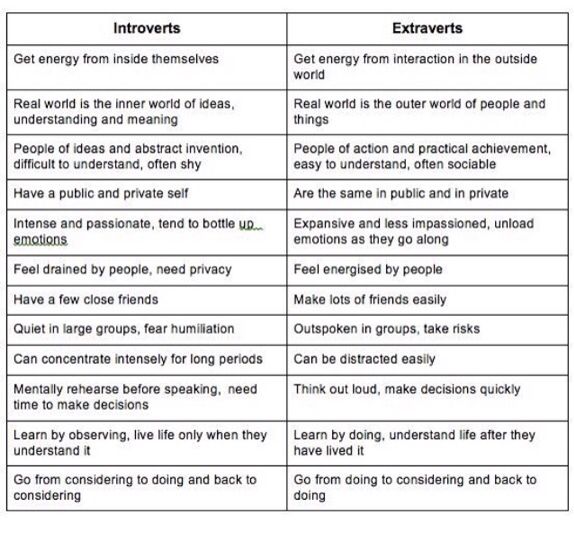 They feel introverts are generally shy and need to come out of their shells. On the contrary, being an introvert comes with outstanding benefits. It’s vital to embrace their qualities and not to try to change them.
They feel introverts are generally shy and need to come out of their shells. On the contrary, being an introvert comes with outstanding benefits. It’s vital to embrace their qualities and not to try to change them.
5. Don’t visit them unexpectedly.
The mind of an introvert operates quite differently from others. Introverts like to prepare for activities and rarely take spontaneous actions. If you want to visit them, be sure to let them know first, or they’ll be hesitant to welcome you into their schedule.
6. Sometimes, they don’t feel like talking.
One of the facts about quiet people is that they feel exhausted after talking for too long. This process is known as overstimulation, where the mind shuts down and needs time to re-energize. Therefore, it’s critical not to force a quiet person to talk, especially when they don’t feel like it.
7. They’re rarely ever bored.
Have you ever heard the phrase, “quiet people have the loudest minds”? People with this personality type are always preoccupied because they have active minds. Never assume they have nothing to do or get offended when they pass on a seemingly exciting offer, because they’re always engrossed in one activity or the other.
Never assume they have nothing to do or get offended when they pass on a seemingly exciting offer, because they’re always engrossed in one activity or the other.
Related: Am I Too Quiet? P.S. No, You’re Not. A How-To Guide to Using Your Introversion to Your Advantage
8. Quiet and shy don’t mean the same thing.
One of the most common misconceptions about introverts is that they’re shy. On the contrary, a quiet person has disparate qualities from one exhibiting shyness. A shy person has social anxiety and would refrain from having a conversation. Introverts, on the other hand, have withdrawn attributes and are not afraid of relating with others.
9. They’re not depressed.
Quiet people can sometimes be perceived as introverted and depressed. People can mistake their need for space as sadness, anger, or loneliness. On the contrary, the introverted personality isn’t expressly linked with these negative traits, as even extroverts can experience them too.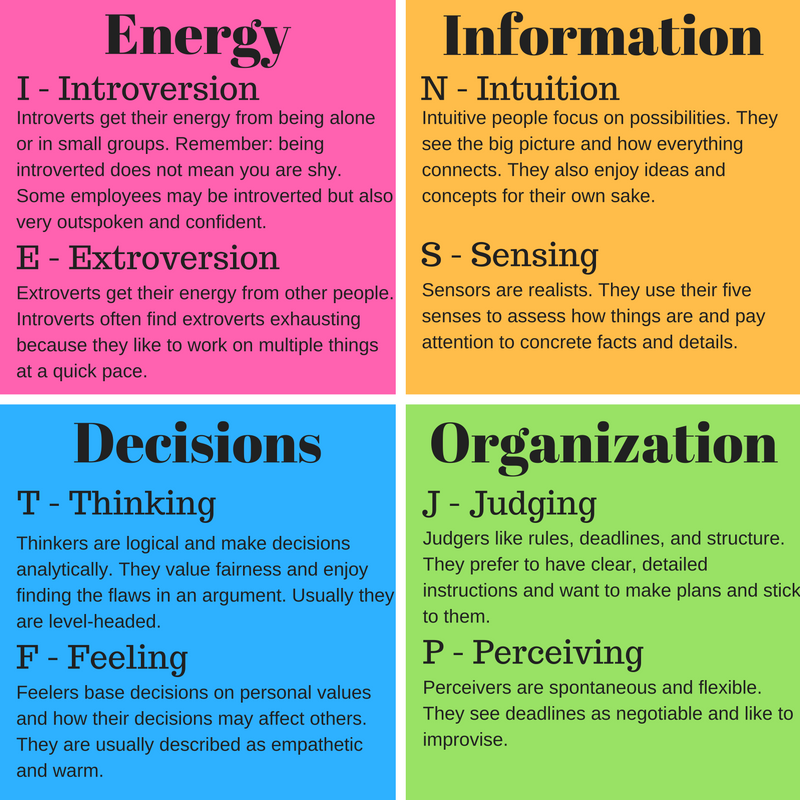 Introverts merely get their energy differently, and people need to acknowledge this.
Introverts merely get their energy differently, and people need to acknowledge this.
10. Introverts have fun too.
People feel introversion is an unexciting personality. However, an introvert’s idea of fun differs from the average person’s. They find excitement in little things, and sometimes, this could happen in their minds. Introverts tend to observe more than they act, which might pass the impression that they rarely have fun, which isn’t the case.
11. They aren’t rude or snobbish.
Introversion can be described as a withdrawn personality type, where a person spends time within the walls of their minds. This attribute can also make that person distracted from reality. It’s vital not to presume these individuals are rude because they merely need time to warm up to their environments.
12. They aren’t weird.
The personality of introversion is self-assertive. People with this personality know what they want and persuade themselves to follow their interests instead of what others want.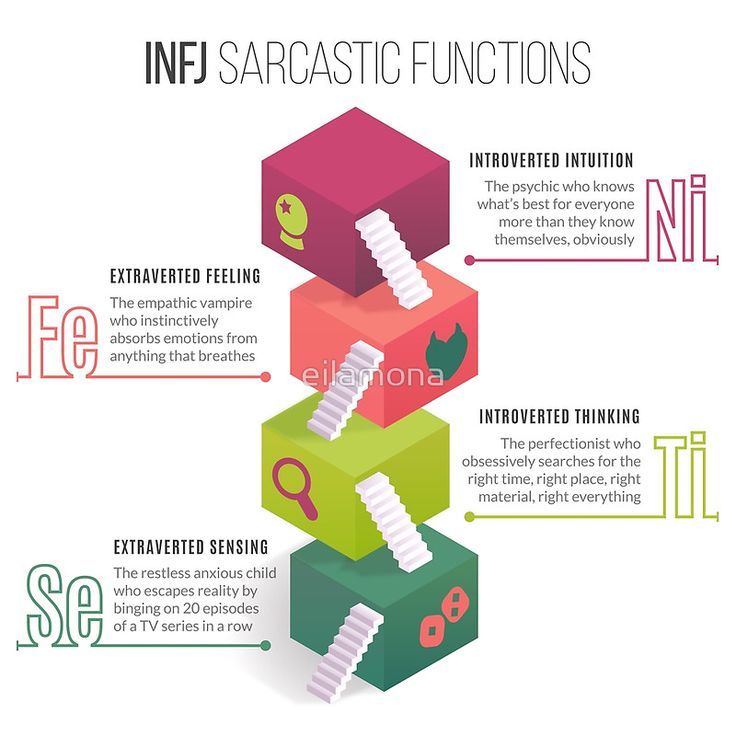 About twenty-five to forty percent of the world’s population is introverted, so it’s a wrong impression to think that these individuals are weird.
About twenty-five to forty percent of the world’s population is introverted, so it’s a wrong impression to think that these individuals are weird.
13. They don’t want to be alone all the time.
A well-known fact about introversion is that individuals with this personality tend to enjoy their alone time more than anything else. However, understand that this isn’t always the case. Introverts also want to mingle with others. They only crave time alone when they need to recharge from an overstimulating activity.
14. They’re not afraid of public spaces.
Unlike widespread knowledge that individuals with the personality of introversion dread being in social settings, they enjoy being around others. They have a mind that craves to observe and assimilate information, which is only possible around people.
15. They’re more confident than you realize.
People tend to think that low self-esteem produces the personality type of introverts. This notion is why many believe pushing introverts out of their comfort zones will instantaneously change their traits. On the contrary, an introvert is more self-assured than most individuals realize. They only have reserved personalities because they take their time to warm up to environments.
On the contrary, an introvert is more self-assured than most individuals realize. They only have reserved personalities because they take their time to warm up to environments.
16. They can be social too.
You can find an introvert and extrovert mix because not all introverts are strictly introverted. It’s possible to see a talkative introvert who tends to be quiet in public places. One of the secret facts about introverts is that they choose where and when to be social.
17. Being quiet doesn’t mean there’s a problem.
Introverts and extroverts define fun in relatively different ways. What might excite an outgoing person may tire someone on the soft-spoken side. It’s essential for extroverts not to categorize a reserved individual’s personality with having problems because they could subtly be having the most fun.
18. They don’t like being interrupted.
The psychology quiet people have about relating with others is that they only open up to those they’re comfortable around.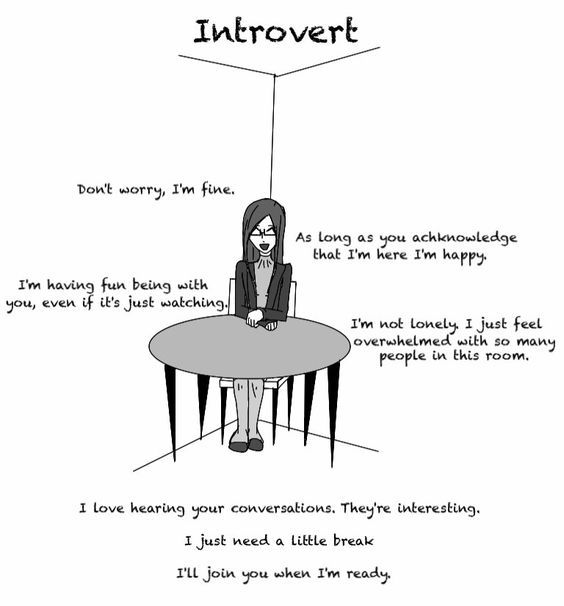 If an introverted girl shares something with you, try not to interrupt her midway because it will make her more withdrawn around you. Opening up about something private requires trust, so it’s important to make this step a priority.
If an introverted girl shares something with you, try not to interrupt her midway because it will make her more withdrawn around you. Opening up about something private requires trust, so it’s important to make this step a priority.
19. Don’t pressure them to talk.
The worst way to start a conversation with an introvert is by forcing them to talk. You have to be patient with them to get comfortable around you. One of the essential introvert facts to remember is that they don’t talk for its fun—they speak with intention and purpose.
20. Small talk won’t win them over.
Extroverts tend to use the old-fashioned technique of small talk to win introverts over. However, a meaningful conversation is the best way to get the attention of introverted people. Even better, start the conversation with something they love personally.
21. Don’t get offended when they want to go home soon.
An introvert’s mind is prone to get overstimulated faster than the average person, meaning that they’re bound to crave solitude sooner than you expect.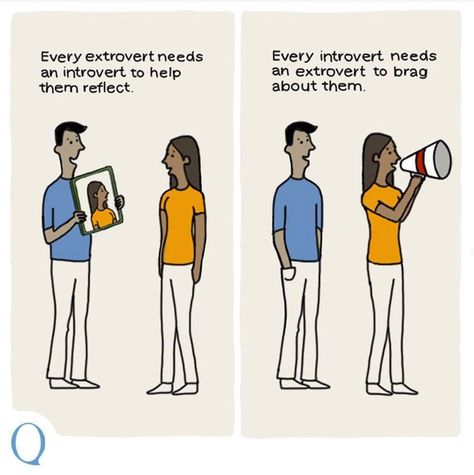 It’s essential to understand this fact whenever a quiet person demands to go home and not to take it the other way.
It’s essential to understand this fact whenever a quiet person demands to go home and not to take it the other way.
22. They can’t drastically have extroverted traits.
It’s crucial for extroverts to understand a reserved person’s personality and relate with them accordingly. Having absurd expectations will only increase their anxiety and would make them hesitant to associate with you.
23. They’re not anti-social.
The most surprising fact about quiet people is that they’re entertaining to be around when you get to know them. It would help if you were willing to understand them so you can experience more than their introverted sides. You should also try to be patient with them to open up to you.
24. They won’t explain their personality to you.
The inward personality of introverts makes them excellent observers. They pay attention to details and notice more than they speak. If you ever say, “I want to know more about you,” to an introvert without being willing to observe their personalities, you won’t establish a great bond with them.
25. They’re not proud.
People think of pride as one of the negative traits of introverts. People feel that a reserved person’s reluctance to mingle with others is a sign of arrogance. On the contrary, introverts are incredibly humble and are, most times, astonished whenever people care to notice them.
26. They don’t hate you either.
Introversion makes people more in tune with their emotions, inclining them to be more compassionate. An introverted person may try to conceal their vulnerable side, passing the impression that they’re cold. However, underneath the emotionally-absent impression that people have about introverts, they are tremendously empathetic.
27. They are loyal to their nature.
The worst way to put pressure on introverts is by insisting on change. Understand that even though an introvert alters their quiet personality, they won’t be comfortable. This type of pressure makes many introverts scared of embracing their personality type in public, and would rather pretend to be extroverted.
28. They live in their bubble.
The reserved personality of a quiet person demands a degree of self-sufficiency. Introverts live in a bubble, making them easily distracted and inattentive to their surroundings. Don’t get offended when they don’t respond to you as fast as you expect, or in the manner you desire.
29. Don’t force them to open up.
Introversion can sometimes isolate a person to their mind. When they get comfortable, they’ll be more open to others. Forcing introverted people to open up without making an effort to understand or get to know them wouldn’t yield satisfactory results.
30. They won’t always say “hi” first.
An introvert is naturally a deep thinker, and sometimes, may overthink in social situations. This notion doesn’t necessarily mean they’re shy but shows how withdrawn they are. Therefore, it’s essential to acknowledge that your might need to make the first move to get them to open up.
31. Inform them before making plans.
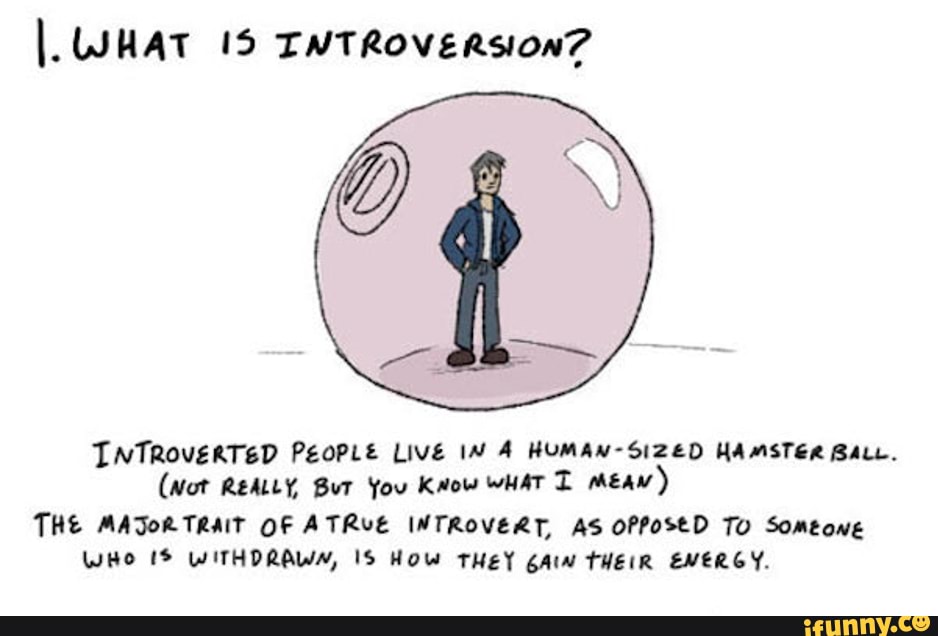
Introverts are never excited about impromptu arrangements because they’re not necessarily spontaneous. You have to inform them early enough because they need to prepare themselves. More so, don’t get offended if they’re not as excited about the event as you are.
32. Guilt-tripping won’t help either.
It would be best not to make quiet people feel bad for being themselves. They can make compromises for you but will still prioritize their need to recharge. More so, try not to discredit their personality type, or it will ruin the potential of any friendship blooming.
33. They’re okay with their social lives.
Shyness doesn’t characterize introversion, even though some introverts can be shy. It would help if you didn’t associate this trait with their minimal social lives. They’re pleased with the few friends they have, and would only accommodate relationships they can handle.
34. Watch out for cues.
While getting to know an introvert, it’s essential to observe specific cues because they won’t voice everything they feel in the moment.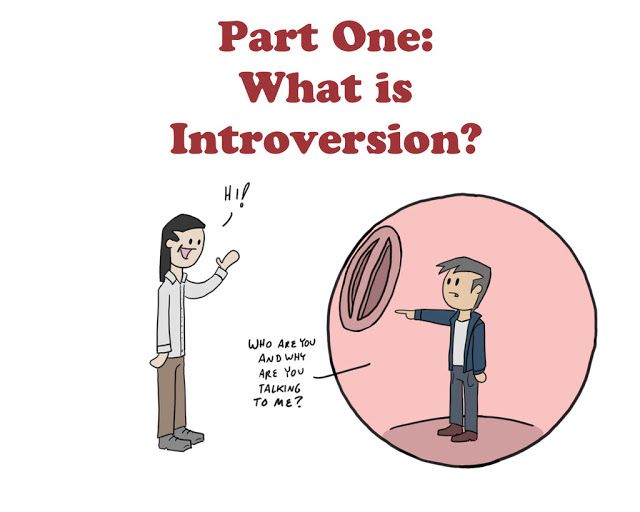 The most important cue to watch out for is when an introvert is tired and needs to rest, especially when you’ve been talking for too long. They’ll be too polite to tell you.
The most important cue to watch out for is when an introvert is tired and needs to rest, especially when you’ve been talking for too long. They’ll be too polite to tell you.
35. They ironically have a lot to say.
One of the biggest introvert myths is that introverts are quiet because they have nothing to say. Ironically, introverted people have more to say than most people realize. Oral speech merely isn’t their most prominent form of expression; but they’ll be more open in their comfort zones.
36. Patience is critical.
Understanding an introvert takes time, but you’ll love the process because most of your negative impressions about introverted people will change. If you’re saying, “I want to know more about introverts,” understand that being patient is crucial, and you’ll be happy you waited.
How to talk to a introvert
Learning how to get an introvert to open up is essential. Introversion is a withdrawn personality that demands a certain level of comfortability for expression. If you prioritize how to get to know an introvert, you’ll have a satisfying relationship with these individuals.
If you prioritize how to get to know an introvert, you’ll have a satisfying relationship with these individuals.
Although introverts has similar characteristics, every introvert is different, and you should treat them as such. When you perceive signs an introvert doesn’t like you, it’s most likely because you haven’t taken out time to know them distinctively.
Since you need to learn the likes and dislikes of a girl to win her over; in the same way, you need to know a quiet person’s temperaments to get on their right side. Don’t have an entitled mindset when talking to introverts, or you wouldn’t make progress. Instead, be patient and allow everything flow naturally.
To the introverted woman
The stigma on female introverts is more pronounced than introvert men because it’s easier to spot when a lady is quiet in social settings than with men. Nonetheless, being a reserved woman doesn’t make you inferior. It’s an appealing quality that most people secretly find attractive. Never be intimidated to fit in because you’re doing a great job standing out.
Never be intimidated to fit in because you’re doing a great job standing out.
FAQs
Do introverts talk to themselves?
Introversion is characterized with an inward personality, meaning that the mind of a female introvert or introvert guy is incredibly active. Although quiet, introverts have inner monologues in their heads and are bound to talk to themselves now and then.
What are introverts like?
People mostly think the question, “what is an introvert like?” can be answered using the words ‘quiet’ or ‘shy’. However, a brilliant fact is that introverts can be as outgoing as extroverts. It merely depends on the venue and their comfortability level.
What do introverts like?
One of the vital things to know about introverts is that they enjoy minimally stimulating environments. However, an introvert man would have disparate preferences to introverted women. Therefore, if you want to make an introvert smile, you need to find out their distinctive likes and dislikes.
What do introverts do?
Some introvert misconceptions include the notion that reserved people only do introvert stuff. Apart from watching movies, spending time at home, and reading books, one of the secrets about quiet people is that they occasionally enjoy engaging in fun, outdoor activities too.
What do introverts do for fun?
There are many things introverts do for fun apart from the typical ‘introvert things’ people expect. One of the fun facts about introverts is that they enjoy going to new places and seeing new sights. Introverts consider anywhere and anything that can feed their mind as ‘introvert fun.’
Live Your Best Quiet Life
Get the Am I Too Quiet? book →
CONCLUSION
Did you enjoy this article on what introverts want you to know? Apart from the thirty-six things listed above explaining introverts, understand that quiet people have similar characteristics but are different altogether.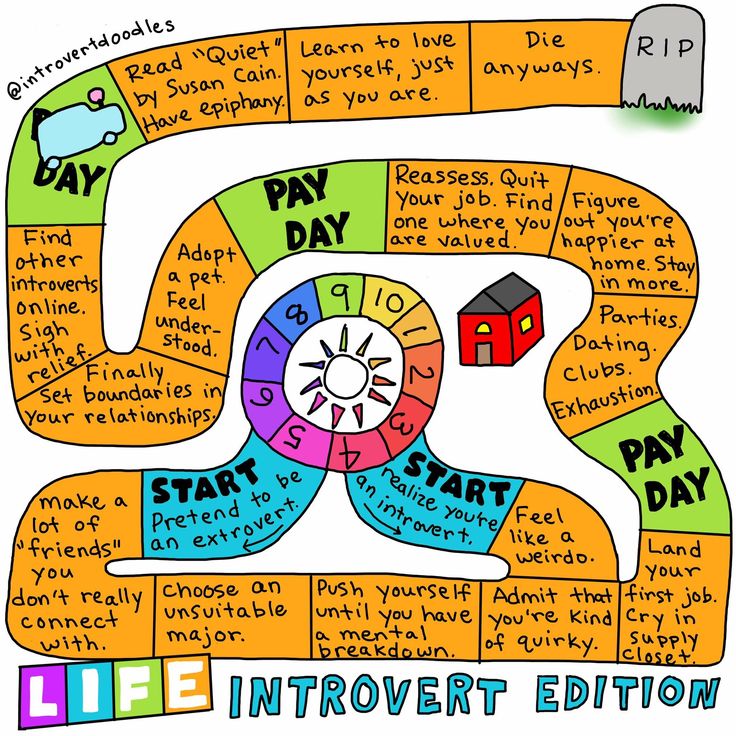 As an extrovert, try to know introverts distinctively. Kindly leave a comment or share this article on introverts with your friends.
As an extrovert, try to know introverts distinctively. Kindly leave a comment or share this article on introverts with your friends.
13 signs you're an introvert, even if you don't know it
December 8, 2014 A life
Many people perceive introverts as shy, withdrawn people who try to stay inside their own world by any means. However, this is not a complete and correct representation. A person can be outwardly quite relaxed and not show any signs of shyness, but at the same time be an introvert inside.
1. You are not happy to meet new people
This doesn't mean that you can't make friends or that you have problems communicating. It's just that some people have an underlying desire to constantly expand the circle of their acquaintances, they know how to easily and quickly get along with people. You are not.
2. You can speak well, but do not participate in discussions
If a person is an introvert, this does not mean at all that he is not able to connect two words or does not know how to speak in public. How capable and able! But after a brilliant speech, report or lecture, you are not too fond of answering questions or participating in disputes. nine0003
How capable and able! But after a brilliant speech, report or lecture, you are not too fond of answering questions or participating in disputes. nine0003
3. You have extroverted friends
Amazing, isn't it?
However, opposites attract, so it's natural for you to have super-sociable friends. But you keep them at a distance and let them approach you in a strictly dosed way, just to once again see the beauty of your loneliness.
4. You don't like large crowds
Concerts, parties, gatherings, crowds in the streets make you feel uncomfortable and vulnerable. There is no panic fear in you, but every time there is a subconscious desire to quickly leave this restless place. nine0003
5. You don't like interviews and interviews
Any such event requires the ability to quickly establish psychological connections with new people, which introverts are not very fond of. Therefore, they always prefer written answers and correspondence interviews to personal communication.
6. You are a true friend
Introverts are usually very loyal and honest people. They are, as a rule, self-sufficient individuals who value relationships in friendship, and not the benefits that it can bring. nine0003
7. Sometimes you just don't do anything
Extroverts are always busy, always in the process. They are bored with being with themselves, and they strive to fill this void with any action. Introverts, on the other hand, are able to enjoy their own company and find pleasure in peace.
8. You prefer letters to calls
Your cell phone doesn't ring very often because all your friends and colleagues have already figured out that you're better off sending text messages or emails. You do not understand how and why you can solve cases by phone if you have Gmail. nine0003
9. You hang out with people (for a) long time
Being an introvert doesn't mean you don't have friends at all. There are friends, but they are of a very special quality.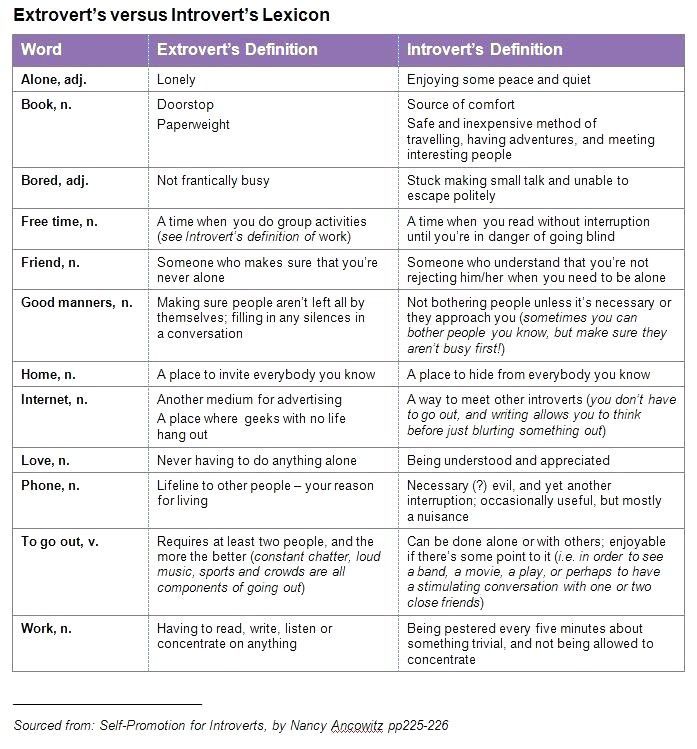 These are really time-tested and circumstance-tested people who did not appear in your life by chance.
These are really time-tested and circumstance-tested people who did not appear in your life by chance.
10. You are polite
The rich inner world and vulnerability of introverts make them more attentive to the feelings of others. Knowing well how striking a careless gesture or word can be, they attach great importance to manners, etiquette and traditions. nine0003
11. You try to plan ahead
Extroverts are quite capable of going on a trip around the world tomorrow, and spontaneously starting a new company the day after tomorrow. You have just as many interesting ideas, but before you start implementing them, you prefer to plan everything well. In writing, of course.
12. You feel older than your peers
Calmness, rationalism, restraint and good manners were inherent in you even at a very young age, and this has always distinguished you from most of your peers. Sometimes you looked down on them a little, marveling at the spontaneity and thoughtlessness of their actions.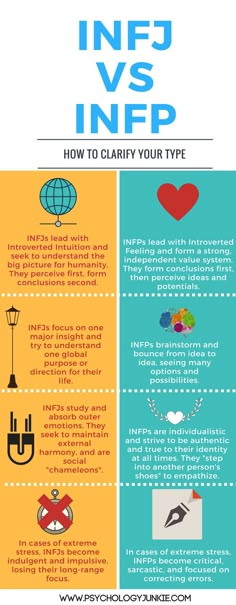 nine0003
nine0003
13. You are able to keep a balance between communication and loneliness
Although you do not feel any discomfort when you are alone, you perfectly understand the need for socialization. Therefore, you quite consciously try, when you see fit, to attend parties, parties and social events. At the same time, you are not trying to force yourself and portray the ringleader and the soul of the company. Even in a noisy crowded place, you remain who you really are and enjoy it. nine0003
You are an introvert.
How to understand that you are an introvert and win over an extrovert
Gazeta.Ru found out how to understand that you are an introvert after all, and then gain credibility and get promoted in the harsh world of extroverts.
“I have seen how silent you are in meetings. I saw how you eat alone during your lunch break. And I saw how your more outgoing and less talented colleagues were promoted instead of you, says Nancy Enkowitz, business coach and author of the book Careers for Introverts.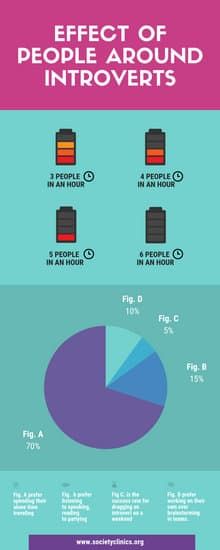 How to gain credibility and get a well-deserved promotion. - What makes you silent when you have something to say, especially when it comes to you? nine0003
How to gain credibility and get a well-deserved promotion. - What makes you silent when you have something to say, especially when it comes to you? nine0003
You may not want to brag or draw too much attention to yourself. And to top it all off, you, as an introvert, need to think before you say anything.
If you think long enough, a strange logic will make it seem that others will notice your virtues themselves if they just look at you. If only it were so…”
However, before you get upset that you are such a hopeless modest in the world of harsh business, you should make sure that you are really an introvert - a person with a rich inner world, whose mental organization requires solitude rather than company. (Not an extrovert who just got really fed up with people.)
So how do you know if you're an introvert? Choose the correct answer for each pair.
1. You recuperate while resting.
2. Get energized by interacting with other people.
1.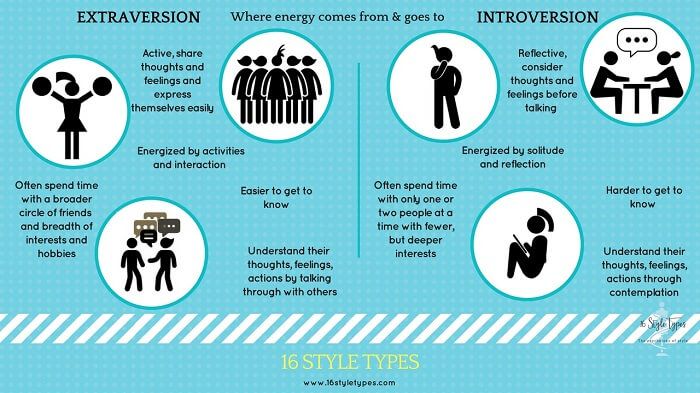 Think before you act.
Think before you act.
2. You often think out loud.
1. Listen more.
2. Talk more.
Where to look and lean. Rules of business etiquette
Gazeta.Ru invites you to carefully consider 10 key rules of business etiquette and good ...
February 09 12:37
1. You speak in a soft voice.
2. Speak quickly and loudly.
1. They tend to have thoughtful conversations.
2. You prefer to chat about all sorts of trifles.
1. Like to communicate with only one or two people at a time.
2. Prefer to talk to everyone present.
1. Wait for people to show interest in you in situations of social interaction.
2. Be the first to make contact in situations of social interaction. nine0003
1. Generally reserved.
2. Usually active and expressive.
1. Work more productively alone or with one partner.
2. Like to work in groups.
1. Possess deep knowledge in one or more areas.
2. Know a little about everything.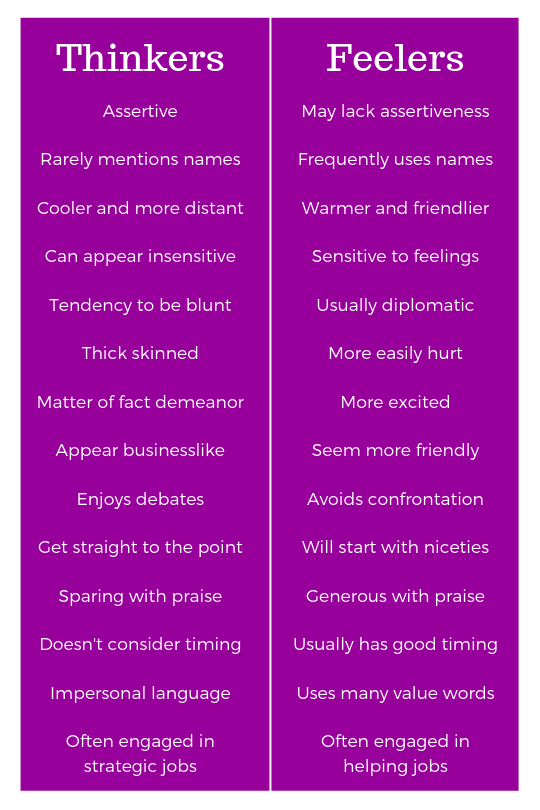
1. Thoughtful and calm.
2. Energetic.
1. Pay more attention to working with details.
2. Prefer to solve quick and less difficult tasks.
1. Need more personal space. nine0077 2. Prefer to work among other people: the bigger the team, the better.
1. Reluctant to share details of your personal life.
2. You open up to other people more readily.
1. Have several deep interests.
2. Superficially interested in many things.
If half the time (or more) you intuitively agreed with option #1, congratulations, you are a true introvert.
Don't worry, it's not hopeless. You can still take over in the sassy world of extroverts. nine0003
And here's what you need to do.
Interrupt the other person. While it may seem strange to advise you to interrupt someone, sometimes it is appropriate and even necessary. Michelle Wacker, executive director of the International Policy Institute, describes how she, a clear introvert, behaves on television: “The hardest thing was learning to interrupt others.
On television, such behavior goes without saying, everyone is used to it. So I firmly decided to do the same. nine0003
I just tried to force myself to do it, and one day I succeeded. I really started enjoying the debate when I was finally able to say, “Wow! Today, I have the last word."
Return to your topic when interrupted. Extroverts love to talk and often strive to fill every gap. Therefore, it is sometimes difficult to insert even a word into a conversation with them. You can just sit quietly in a room full of extroverts, or you can muster up the courage to get them to pay attention to you. nine0003
“Sometimes you need to firmly defend your right to speak and politely but clearly indicate when someone interrupts you.
Smile and say, "Let me finish my thought and give my opinion after that, please," advises Dr. Caitlin Waldron, President of Baruch College, who is an introvert by the way. She also adds that it's much easier to do this if you add a little humor to your request.
Share your thoughts. People can't read your thoughts, and no one will be able to appreciate their genius if they remain in your head. Introverts rarely put all their thoughts on the table like cards. You don't have to keep everything inside. Often people want to know more than the person says. Help others understand what you really think. nine0003
Give unambiguous signals. "As an extrovert, I'm always looking for cues that will help me interact more effectively with everyone I interact with," says Elizabeth Gilday, co-founder of New York University's Professional Coach Certification Program. It is very important for me to establish contact.
Therefore, I do my best to make it clear that I understand the interlocutor, and I try to catch the signal that the interlocutor understands me.
And if I notice him, then he has satisfied one of my extrovert needs.” nine0003
Get noticed. It may be difficult for you to be constantly in society, but it is very important that you be noticed.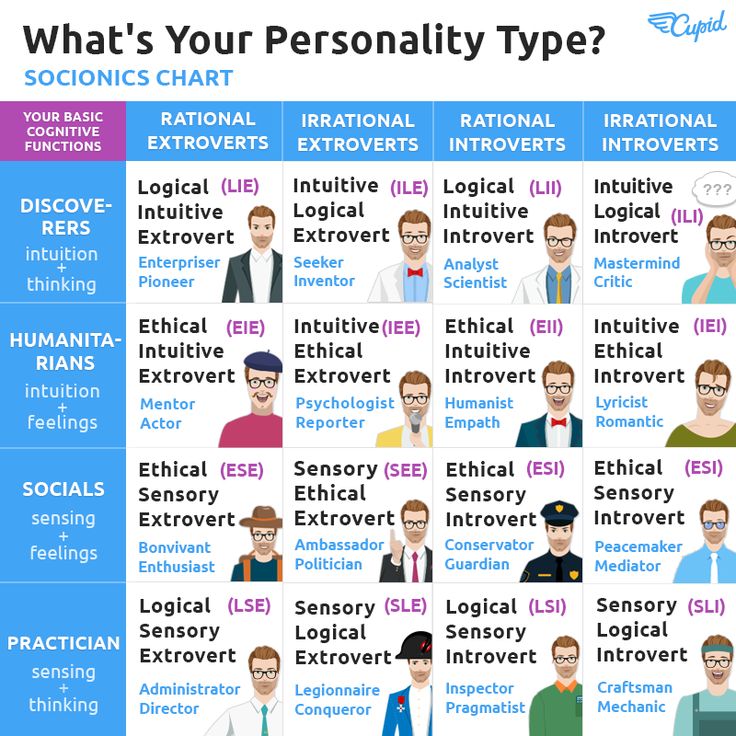 Be mindful and wise about how and where you spend your time.
Be mindful and wise about how and where you spend your time.
“You don't have to have the loudest voice or tell the best stories. Position yourself as someone who is always ready to help with information or acquaintance,” says extrovert Shoya Zichy, one of the authors of Career Match. nine0003
When you arrive at the meeting, talk to a few important people and head home.
Why is an office wife dangerous?
October 30 17:28
Behave like a master of your craft. Find a way to make your knowledge and skills invaluable to others. Establish a reputation for yourself as a person who is always ready to help in matters related to his field of activity. nine0003
Gather your thoughts and write down how you can become more widely known. “Let’s say you know all about ferrets,” says Howard Greenstein, social media strategist and president of Harbrooke Group Consultancy. “If you write one little article about ferrets a week for 52 weeks, you are guaranteed to show up in the search results for the word “ferret” before the person who has a site called All About Ferrets.
Succeed by satisfying existing needs. You can achieve success by doing many different things and hoping that some of them will be useful to someone. Or you can first find out what needs and desires people have, and then offer them a solution.
This is essential to success, because the world needs exactly what you are trying to do.
Get inside the system. To get what you want, it is not necessary to be insolent and braggart. It's not just the most stubborn careerists who succeed. At first, people who are not very actively involved in self-promotion, get into not the most remarkable positions in the industry. But after such work, all fear and imaginary obstacles are no longer such an insurmountable obstacle. nine0003
Let others spread your ideas. “The concept of self-promotion is outdated,” says marketing guru and global best-selling author Seth Godin. “We have entered an era where the real key to success is getting ahead with the help of other people.









